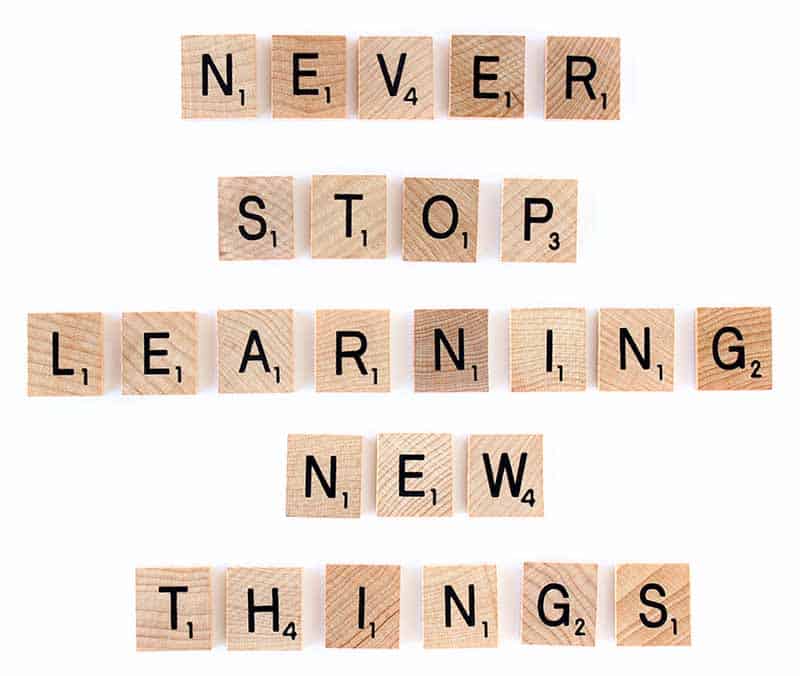
We’re living longer and healthier lives. We live in the middle of a global learning world that requires us to pay attention, constantly update, retool, rethink, and relearn. Our modern world is changing quickly. New technologies and innovations challenge us to remain flexible and open to new things. Implementing a program that consistently and deliberately places learning front and center elevates staff, residents, and the entire community.
We are touched by learning broadly throughout our daily lives – through informal interactions with others, our own focused, self-directed efforts, and the formal experiences we associate with traditional education.
We may not remember everything we learned in a high school humanities class, and as Dr. Lisa Genova says in her book Remember, “our brains aren’t wired to remember everything.” What we do remember are the learning experiences. Do you remember your favorite teacher?
Three Ways Lifelong Learning Builds Better Brains
Building Cognitive Reserve
Actively engaging in the learning process has health benefits for our brains. Recent evidence from The Mayo Clinic shows that participation in an ongoing intellectual program contributes to healthier brains and happier people.
Interaction & Engagement
Learning is a wonderful way to provide interaction and engagement and enable all residents to feel connected with their community. Learning new things is exciting-making new friends is life-changing.
Initiating Curiosity, Inclusion & Expression
Learning new and novel things is fun, exciting, and challenging. Understanding how our past life experiences have influenced our lives today helps us understand the past, the present, and the future. Exploring how new knowledge applies to our life is even more exciting.
You have probably figured out that lifelong learning is a process. It is not a single activity that appears on the calendar once a month.
Lifelong learning programs recognize these elements and provide experiences and content that evolve with the learner. Participants in a lifelong learning program make themselves available for learning; they tend to approach life with an open, receptive mind, free from bias, and fully aware of omnipresent learning opportunities.
Assisting senior adults along the path of lifelong learning ensures that they can live life fully, well, and wisely, which is what lifelong learning is all about.
Learn more about curriculum options by visiting Phoenix-based ALLE Learning™ at www.alle-learning.com, emailing us info@alle-learning.com, or calling us at (602) 418-5196. Learn about our related program that supports community-based memory care, EngAGE EnCOURAGE ™, or our home-based program for persons living with dementia and their care partners, Engaging at Home™.
